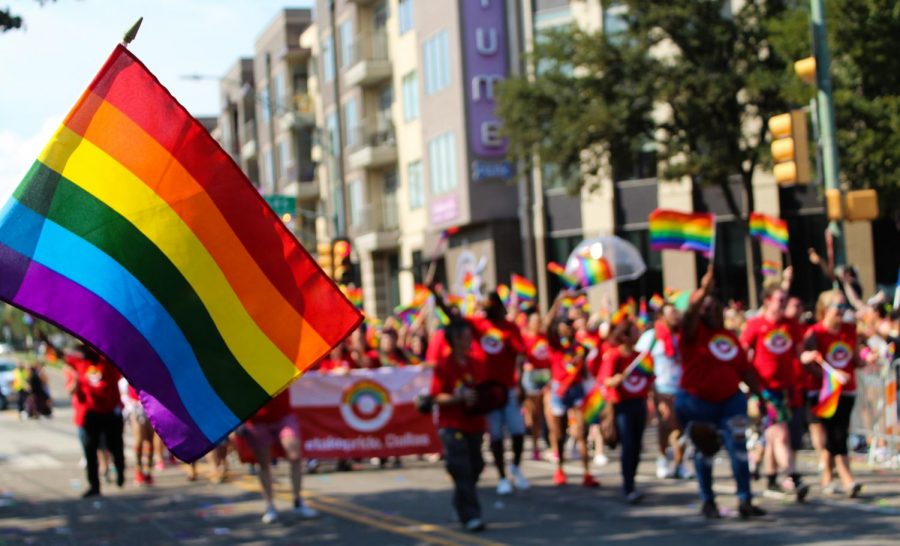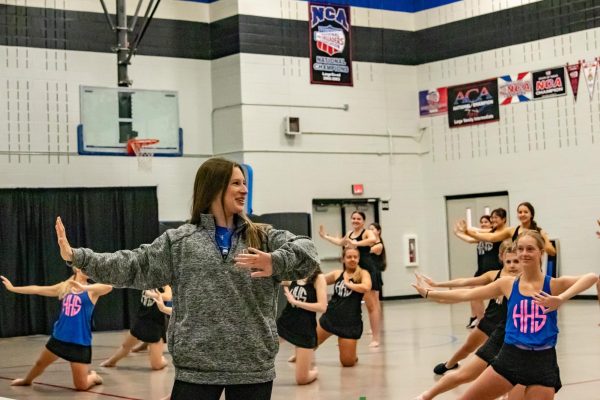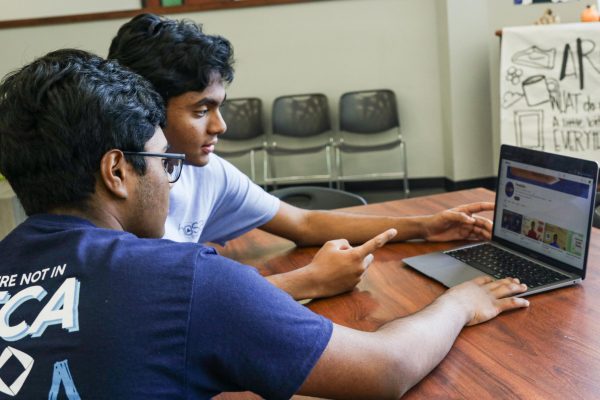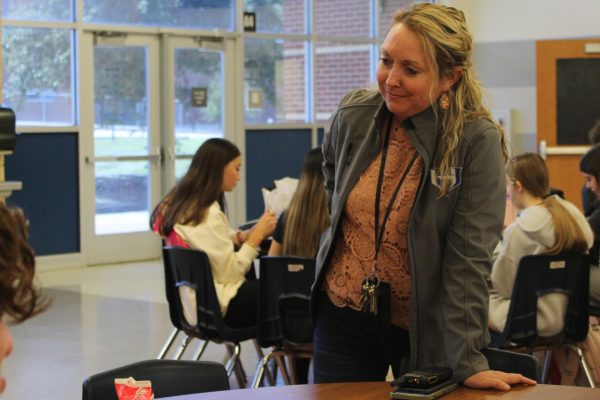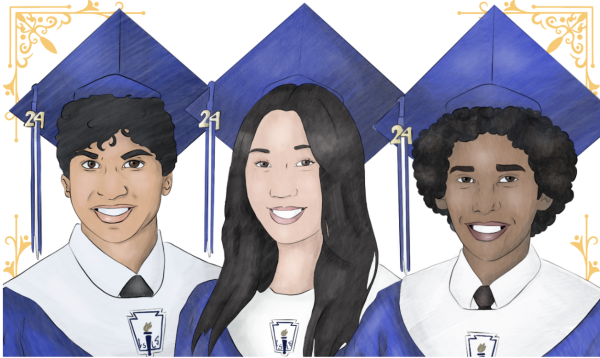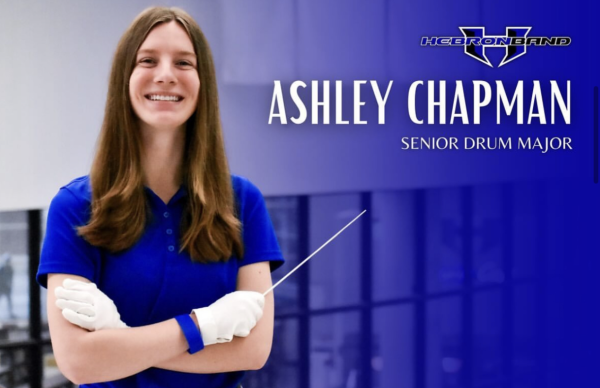The people behind Pride
Three teens share their Pride Weekend experiences
Walking down the streets of Dallas on Pride Weekend is no average stroll. Rainbows flood the streets, pride flags cover the sky and attendees in elaborate costumes and attire fill the gaps between buildings. However, despite all that catches your eyes during Pride Weekend, for senior Hafsa Hanafi, the most captivating scenes, by far, are the people laughing, talking, and letting their guards down. Though for some people, it’s easy to be themselves in their day-to-day lives, those celebrating Pride, it’s one of the only times they feel free to be themselves completely.
Pride Weekend is held each year in Dallas to celebrate the LGBT community. This year, Pride was held the weekend of Sep.15, and included a parade, stands selling food and pride gear, musical performances and more. The event attracts people from all over Texas, including a large portion of students in the LGBT club.
“It was my first time [participating in] something like this, but it was a great experience,” Hanafi said. “I saw so many things and colors. In the end I enjoyed myself, met a lot of people, and even got to take photos of the people from RuPaul’s Drag Race.”
Pride weekend is most well-known for its parade, which features people who identify as part of the LGBT community, including many drag icons. Senior Rachel Gray said she loves seeing the parade because it’s a place where she feels seen and accepted for exactly who she is. Gray’s first pride weekend experience was Chicago Pride, which is where her father and his husband live.
“That was the first time I felt at home and felt like maybe I wasn’t straight,” Gray said. “I’ve been to every Pride since. It’s a safe place. It’s a community where you feel at home. No one is judging you, and you can be yourself.”
For students in the LGBT community, their sexuality is something that creates a barrier between themselves and their families. Senior Rocio Montieo said Rocio’s family hasn’t rejected Rocio, but it has changed the way Rocio interacts and shares life with them.
“My birth name isn’t Rocio,” Montieo said. “With my friends, I’m Rocio, but with my family it’s my birth name. It’s one of the things that bothers me. I’m so used to it now, but it’s like going home and putting on a mask. Don’t get me wrong, I love my family and I love being around them, but at the end of the day, I don’t get to be who I truly can be. I’ve learned to keep it to myself because it makes me uncomfortable.”
Lacking a community is a problem in the LGBT community. On average, LGBT teens contemplate suicide three times more than a heterosexual teen, and every time a LGBT teen is harassed or made fun of, cutting and self-harm rates double.
“People need to know about important things like mental health and LGBT youth,” Montieo said. “Media needs to start covering how to take care of people and take the community more seriously. This isn’t just about marrying someone. It’s about feeling safe. I want to feel safe in the restroom and in public places. We shouldn’t be taken as a joke; people hear gay and start laughing. They don’t understand what they’re saying.”
Despite the hate the LGBT community receives, Hanafi said, like Montieo, she believes if people were more educated on the community and on what Pride really means, then they’d be able to empathize with the community more and alleviate the tension that comes with discussing it.
“You can’t know what you are until you’re exposed to it,” Hanafi said. “The media needs to better explain the different genders and sexualities. If people sat and listened for maybe ten minutes, they’d understand better. [The media] also needs to stop showing only the dramatic stories about the community because those who aren’t informed about our community don’t understand that we are people just like them.”
For students in the LGBT community, their sexuality is often something they feel they need to hide from the world. Because of this, Pride Weekend is when they feel like they can be open to the world. During the rest of the year, Montieo said they find comfort in therapy groups and connecting with people like them who encourage them to be themselves.
“Sometimes you just need help, and when you find who you click with, then it can help you understand the process so much,” Montieo said. “Finding a teacher who you can talk to helps so much. It’s not weird or abstract: it’s a human being. TV shows and media often make the LGBT character a tragedy, like somehow they’re letting their family down. We need to change that. It’s not a liability. It’s a part of life.”
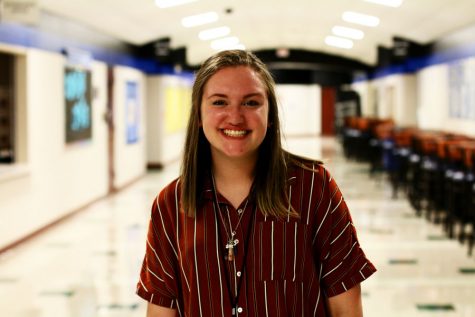
Senior Sydney Gray is the opinion and entertainment editor and this is her third year on staff. She loves writing, art, watching Netflix and running.



